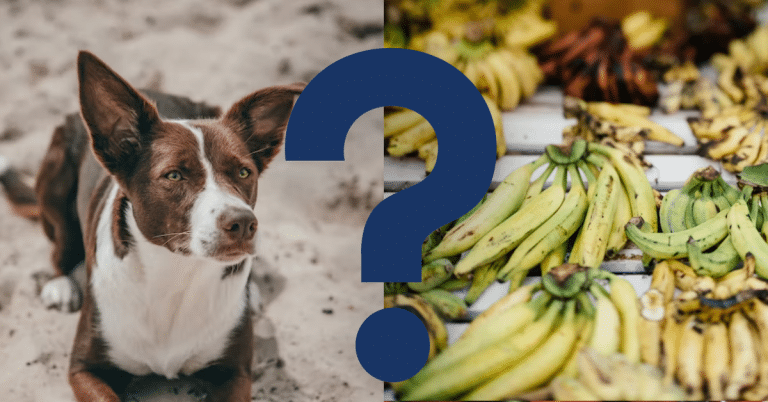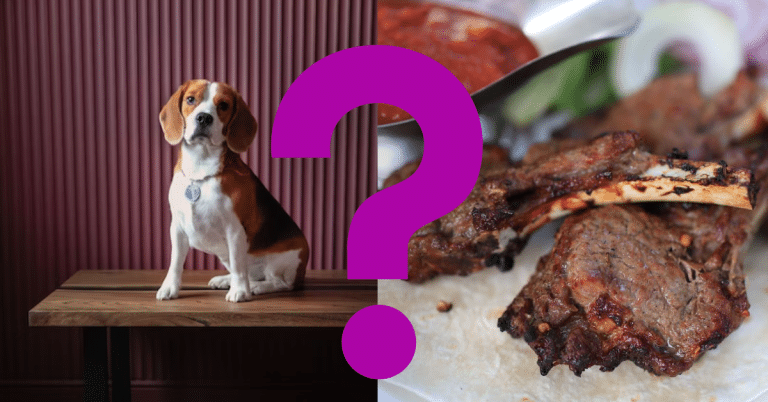Can Dogs Eat Nuts? A Vet’s Opinion

Nuts are known to be nutritious, but can you feed Nuts to your dog?
Dogs may eat certain nuts, but you should be cautious and limit how much you give them.
Benefits Of Nuts For Dogs
Here are some further details on the possible advantages of dog-safe nuts:
- Protein: Nuts are a rich source of protein, which is necessary for dogs’ development and repair and maintaining muscle mass. For instance, peanuts provide around 7 grams of protein per ounce, but almonds and cashews have about 6 grams.
- Good fats: Monounsaturated and polyunsaturated fats found in nuts can improve the health of a dog’s skin and coat. Moreover, these fats help to control inflammation and support brain function.
- Vitamins and minerals: Nuts can also give dogs the vitamins and minerals they need, such as zinc, magnesium, and vitamin E. Magnesium and zinc are crucial for supporting strong bones, muscles, and immune system function, while vitamin E is an antioxidant that can help shield cells from harm.
- Fiber: Certain nuts, such as almonds, provide the fiber that may promote dogs’ healthy digestion.
- Energy: Since nuts are calorie-dense, they can give dogs a fast energy boost. This may be particularly useful for energetic dogs that require a little additional energy for their travels.
- Dental health: Certain nuts, including cashews and almonds, have a gritty texture that can aid dogs’ teeth by scraping off plaque and tartar. Nuts can assist in increasing salivation, which can help wash away germs and food particles from the mouth.
- Weight loss: Although nuts are high in calories, they can still complement a dog’s weight loss program. This is due to its high fiber and protein content, which can make dogs feel fuller for extended periods and reduce overall food consumption.
- Variety: Adding safe nuts to a dog’s diet can give some variety and novelty, which can help reduce boredom and encourage good eating habits. This is especially crucial for fussy eaters or canines with specific dietary limitations.
Although nuts can provide some nutritional advantages to dogs, it’s vital to remember that they should only be given occasionally and as a part of a balanced diet. It’s also a good idea to watch your dog’s reaction when adding new foods to their diet because some dogs may have trouble digesting nuts, which can cause gastrointestinal problems.

How To Safely Give Nuts To Dogs?
These are some security procedures for feeding nuts to dogs:
- Select safe nuts: When providing nuts to your dog, make sure you choose safe nuts that are unsalted, unsweetened, and in their natural form (not coated in chocolate or other sweeteners). Almonds, cashews, and peanuts are often safe but see your veterinarian first.
- Nuts should be introduced gradually to prevent gastric discomfort if your dog has never had them. Start out with a little bit of the finely chopped nuts and observe your dog’s reaction. You can progressively raise the dosage over time if they accept it correctly.
- Check for allergy symptoms: Since nuts can cause allergies in dogs, it’s crucial to keep an eye out for symptoms like hives, swelling, or redness around the face or ears. Stop feeding nuts to your dog and call your vet if they see any symptoms of an allergic reaction.
- Treat your dog to nuts: Due to their high-calorie content, nuts should only be given to dogs on rare occasions. Nut consumption excess might result in weight gain and other health problems. Always consider the calories from the nuts when calculating your dog’s daily caloric needs.
- If your dog appreciates nuts’ flavor, you could give them nut butter instead. Choose a nut butter that is unsalted and unsweetened, and stay away from those that contain xylitol, a sugar substitute that can be harmful to dogs.
- Watch over your dog: It’s crucial to watch over your dog whenever you give them any new food or treat to ensure they properly chew and swallow it. When offering nuts to your dog, break them into smaller pieces or smash them to prevent choking.
Will Nuts Make A Dog Sick?
Although nuts are generally healthy for dogs to consume, if given in excess or if the dog has a nut allergy or sensitivity, nuts can make the dog sick. Dogs can become ill from nuts in a variety of ways, including stomach discomfort. Since they contain a lot of fat, nuts can be challenging for some dogs to digest, which can cause symptoms including vomiting, diarrhea, and stomach distress. It’s crucial to introduce nuts gradually and in tiny amounts to monitor your dog’s reaction since dogs with existing digestive difficulties or allergies may be more susceptible to these symptoms.
Nuts may also suffocate dogs, which is another way they might harm them—the risk of choking increases if nuts are given whole or in significant bits. When offering nuts to your dog, break or slice them into little bits. This will make the nuts simpler to digest and help lower the danger of choking. It’s also critical to know that dogs may be allergic to nuts. Some nuts may be allergens or sensitizers for some dogs, resulting in symptoms including breathing difficulties, swelling, and itching. If your dog has never tried nuts, introduce them slowly and observe how they react. Stop feeding your dog nuts if you see any symptoms of an allergic reaction, such as hives or trouble breathing.
Finally, it’s crucial to remember that since nuts contain many calories, dogs should only sometimes receive them as treats. Nut consumption excess might result in weight gain and other health problems. Give your dog a few nuts at a time, and always include the calories from the nuts in their daily caloric intake. Adding nuts to a dog’s diet can be delightful and healthy, but they should always be given in moderation as part of a balanced diet. Selecting healthy nuts that are unsalted, unsweetened, and in their natural state is crucial, as is keeping an eye on your dog’s reaction.

Vet’s Summary
Although they should always be given in moderation and as part of a balanced diet, nuts may be a delightful and healthy addition to a dog’s diet. Nutrient-rich nuts like cashews, peanuts, and almonds may give dogs the protein, fiber, and healthy fats they need. Nuts should be introduced gradually, and you should watch your dog’s reaction because they can also be heavy in calories and hard for some dogs to digest.
Dog probiotics can improve digestive health and benefit canines with gastrointestinal problems or allergies. Probiotics are good bacteria that can assist dogs in having a healthier balance of their gut flora, resulting in better digestion and nutrition absorption.
Videos To Watch
Find out if nuts are safe for dogs by clicking on the video link below:
Do you need clarification on what kinds of nuts your dog can eat? Well, here is a video that lists down all the nuts that are safe for your dog:






